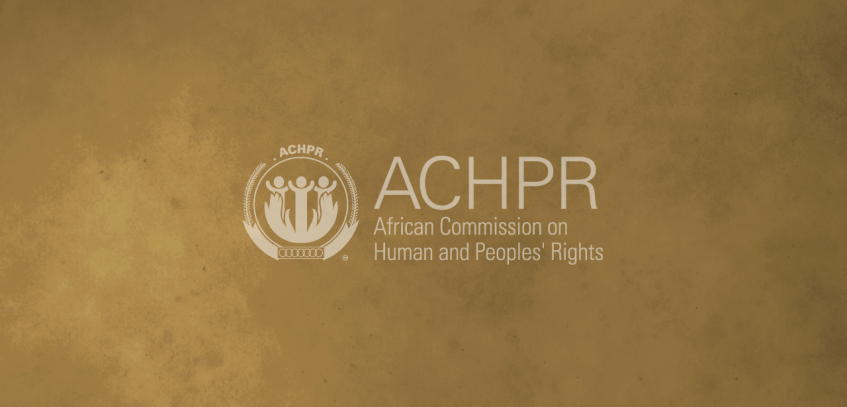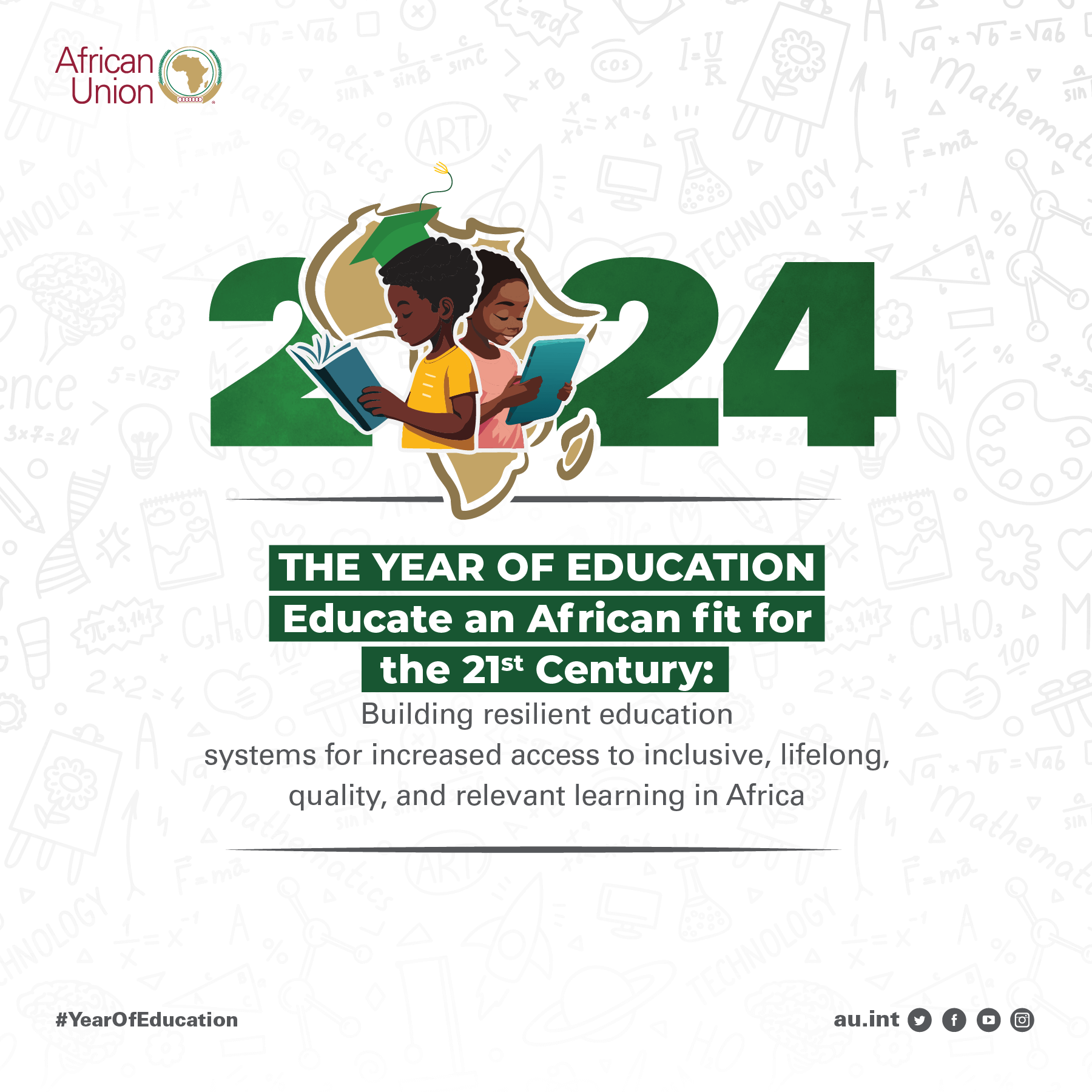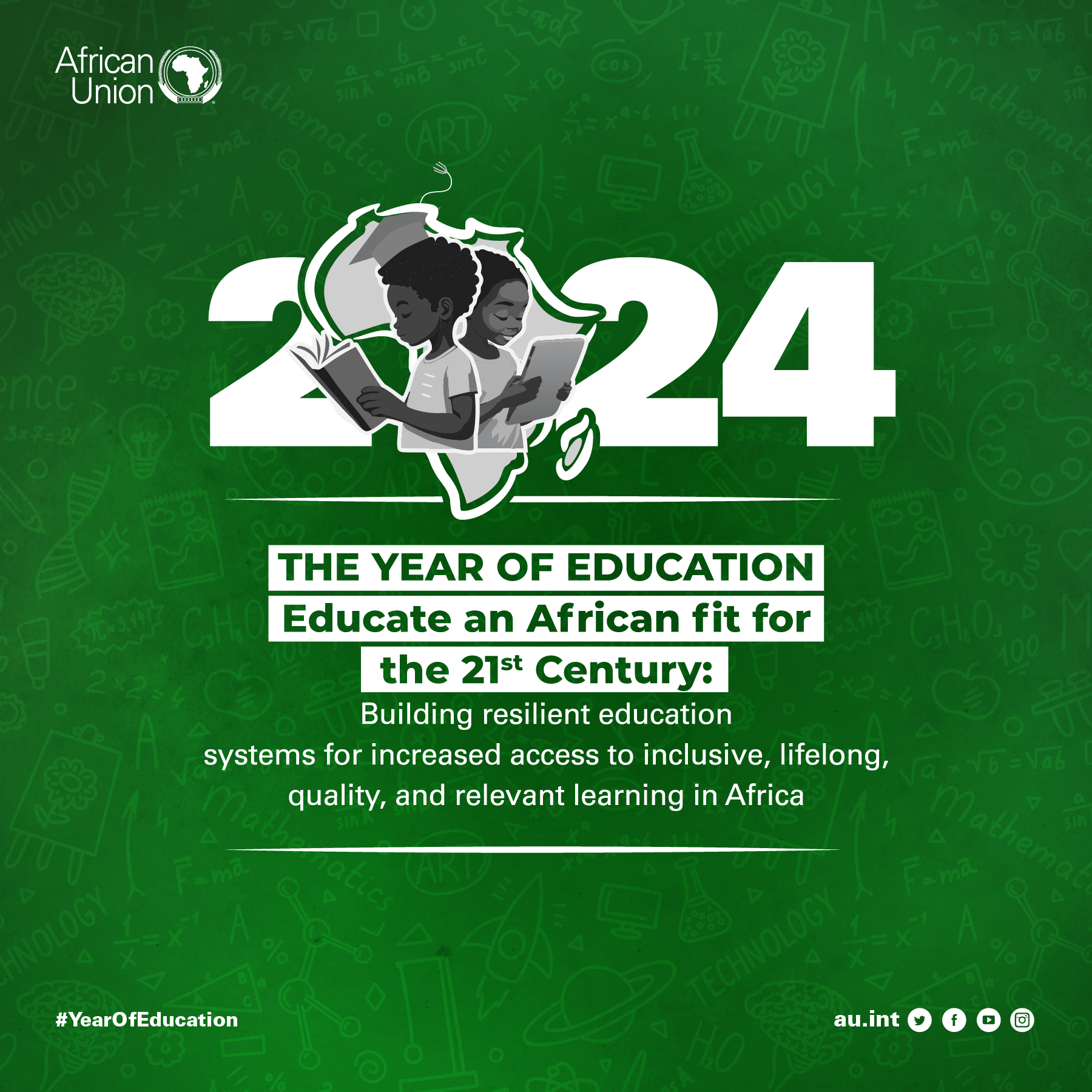This 28 September 2023 marks the global day of action for access to safe and legal abortion.
We, the Special Rapporteur on the Rights of Women in Africa (SRRWA) of the African Commission on Human and Peoples’ Rights (the Commission); the African Union Commission’s Women, Gender and Youth Directorate (AUC WGYD), as well the undersigned Civil Society Organizations (CSOs), under the umbrella of the Solidarity for African Women’s Rights (SOAWR) Coalition, reaffirm our unwavering commitment to the realization of women's rights to access to safe and legal abortion.
The prevalence of maternal mortality resulting from unsafe abortion remains a pressing but regrettably neglected concern across the continent. The lack of accessible and legal abortion services forces countless women into the shadows, resorting to unsafe methods that endanger their lives. This Global Day, which we commemorate every September 28, serves as a poignant reminder of the pressing need to prioritize women’s reproductive health rights and ensure accessible healthcare services, especially comprehensive abortion care.
This year is particularly significant as it coincides with the 20th anniversary of adopting the Protocol to the African Charter on Human and Peoples’ Rights on the Rights of Women in Africa (Maputo Protocol). This milestone was celebrated on 11 July 2023 in Nairobi, Kenya, which marked the commencement of yearlong commemorative events. While celebrating the impact of the Maputo Protocol, it is also imperative to recognise that more action is needed to guarantee women and girls the full enjoyment of their human rights, including their sexual and reproductive health rights.
Thus far, 49 African Union (AU) Member States are signatories to the Maputo Protocol, and 44 Member States have ratified the Protocol. This is commendable and a true reflection of the spirit of the resolve all African States share in upholding and respecting women’s rights. However, it is disheartening that several Member States ratified the Protocol with reservations on Article 14(2)(c), which guarantees women's rights to medical abortion. These reservations diminish the Protocol's potency and undermine its holistic objectives and purpose, vital for its effective implementation.
According to WHO, developing countries bear the burden of 97% of all unsafe abortions. In Latin America and Africa, most abortions (approximately 3 out of 4) are unsafe.In Africa, nearly half of all abortions occur under the least safe circumstances. Lack of access to safe, affordable, timely, and respectful abortion care and the stigma associated with abortion pose risks to women’s physical and mental well-being throughout life.
Inaccessibility of quality abortion care risks violating a range of human rights of women and girls, including the right to life, the right to the highest attainable standard of physical and mental health, the right to benefit from scientific progress and its realization, the right to decide freely and responsibly on the number, spacing, and timing of children; and the right to be free from torture, cruel, inhuman and degrading treatment and punishment.[ https://www.who.int/news-room/fact-sheets/detail/abortion ] It is also worth noting that criminalization of abortion not only hinders access to medical abortion but also impedes the enjoyment of a wide range of rights, including the referenced rights.
In addition, the criminalization of abortion in many AU Member States hinders women and girls from seeking safe and comprehensive abortion services. It deters health service providers from offering the services for fear of harassment and prosecution. These laws have fostered an environment restricting women from regulating fertility and making informed decisions about their bodies. These laws on abortion are also discriminatorily enforced and disproportionately impact the most vulnerable women and girls, including those from lower socio-economic backgrounds, rural areas, and with lower levels of education.
On this Global Day, it is crucial that we not only acknowledge women’s rights to medical abortion but also emphasize the urgent need for tangible actions that lead to practical improvements in women’s reproductive health. We also acknowledge the lives lost due to unsafe abortion and recommit to advocating for policies that ensure safe, legal, and accessible abortion services, ultimately safeguarding the health and well-being of women across the continent.
In line with the continental Campaign for the Decriminalization of Abortion in Africa and the Campaign for the Accelerated Reduction of Maternal Mortality in Africa, we call for Member States to honor their commitments under the Maputo Protocol, the African Charter on Human and Peoples’ Rights, and the Maputo Plan of Action, by decriminalizing abortion in their respective countries.
We continue to call for protection of the sexual and reproductive rights of all girls and women in Africa, including the right to access safe abortion care. To realize this, we:
●Urge States Parties to translate the Protocol into their domestic laws, policies, and programmes to ensure the full realization of the rights of women;
●Call on all Member States to decriminalize abortion in line with the Campaign launched by the Commission in 2016 to decriminalize abortion in Africa;
●Call upon State Parties that have placed reservations on Article 14(2) (c) of the Maputo Protocol to lift these reservations to accelerate legal and social reforms to safeguard women's reproductive rights;
●Call upon all Member States to put in place laws, policies, and resources, including availing complete and accurate information, health facilities, commodities, and personnel required for girls and women to be able to access comprehensive abortion care in line with Article 14 (2) (c) of the Maputo Protocol;
●Urge Member States to allocate adequate resources to support initiatives aimed at preventing unsafe abortion and addressing women’s reproductive and sexual health rights issues;
●Implore all actors, including Judiciaries, Parliaments, National Human Rights Institutions, religious and community leaders, and politicians, to use their power and mandate to protect the realization of sexual and reproductive health rights of women in Africa, including access to safe abortion care;
●Urge all girls, women’s rights organizations, youth rights organizations, and sexual and reproductive rights advocates to remain steadfast in claiming and advocating for the full realization of sexual and reproductive health rights for all girls and women in Africa.
For these reasons, we join and are in solidarity with the global call for a world where women and girls are empowered and facilitated to make their own choices about their reproductive health and lives.
⮚Hon. Commissioner Janet Ramatoulie Sallah-Njie, Special Rapporteur on the Rights of Women in Africa, African Commission on Human and Peoples’ Rights;
⮚Directorate of Women, Gender and Youth Directorate, African Union Commission; and
⮚The Solidarity for African Women’s Rights (SOAWR) Coalition.





